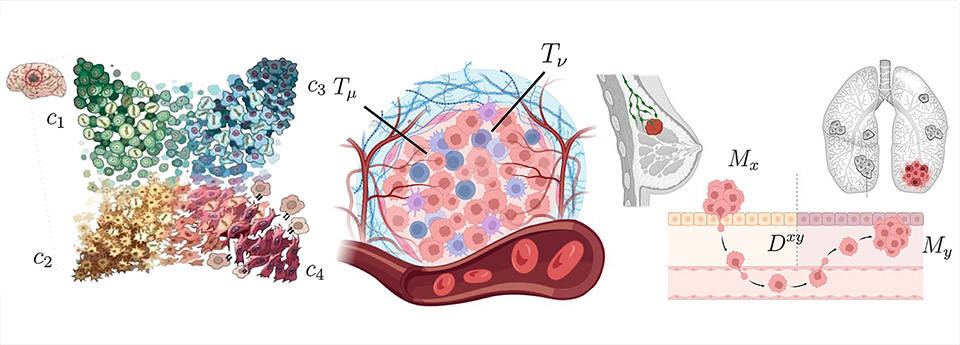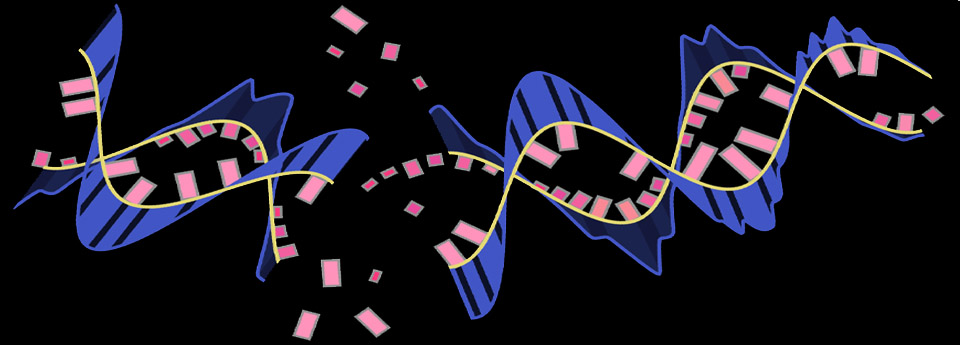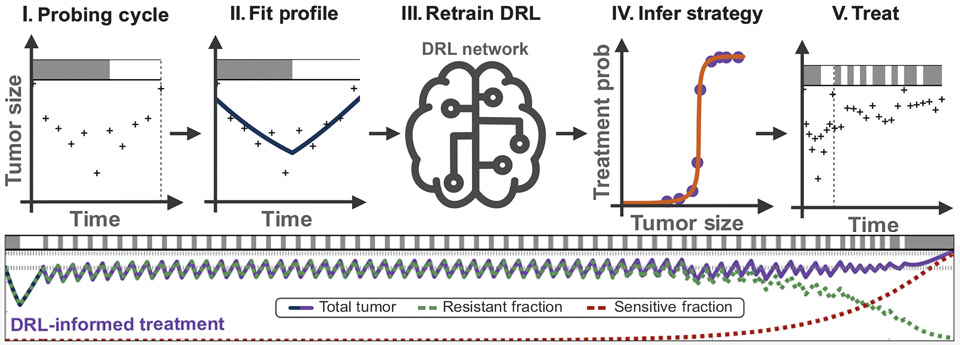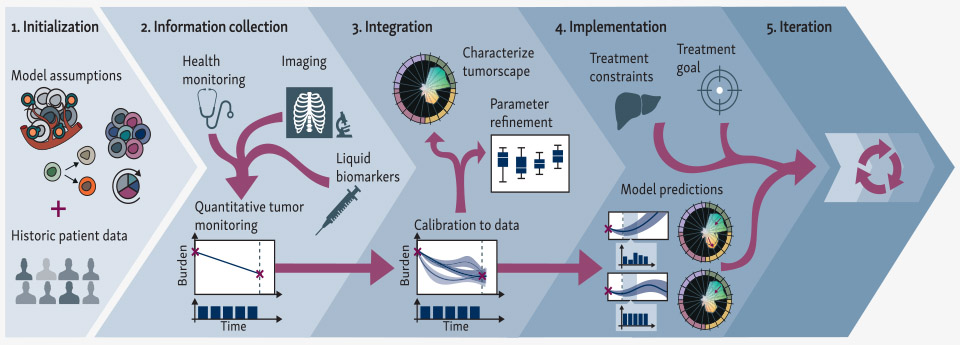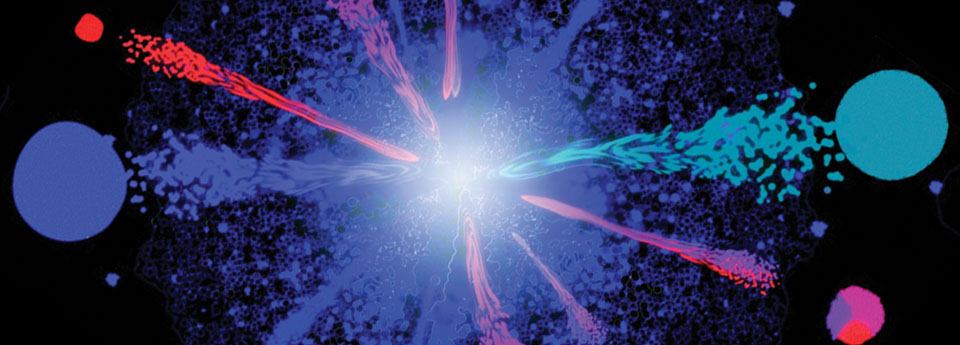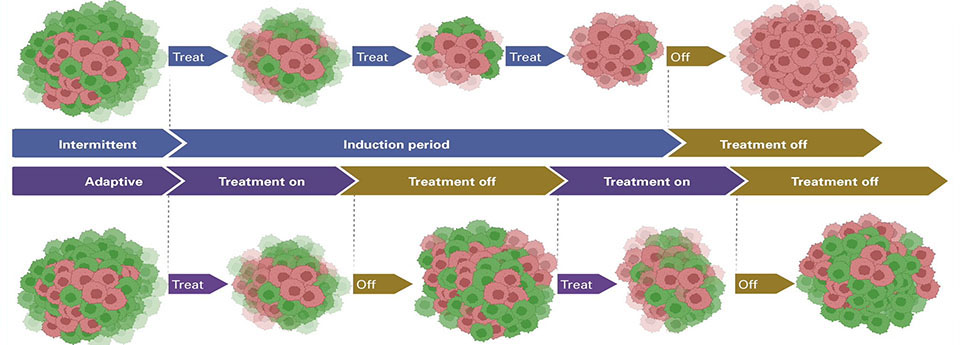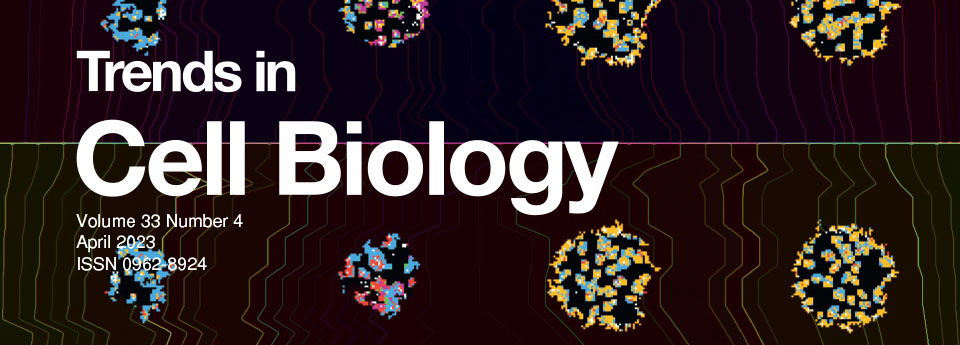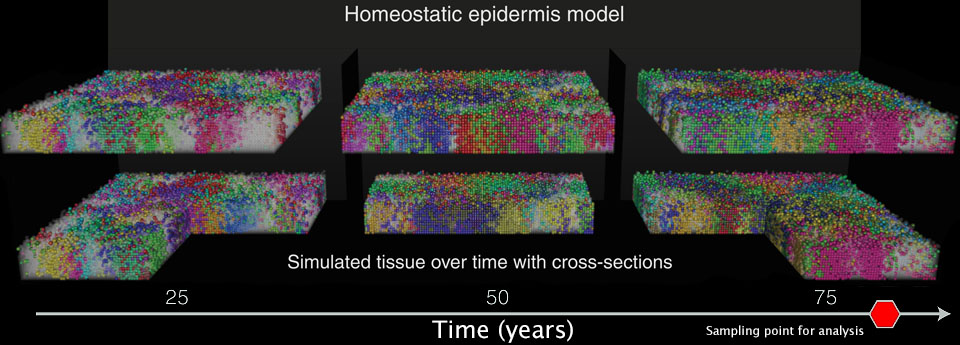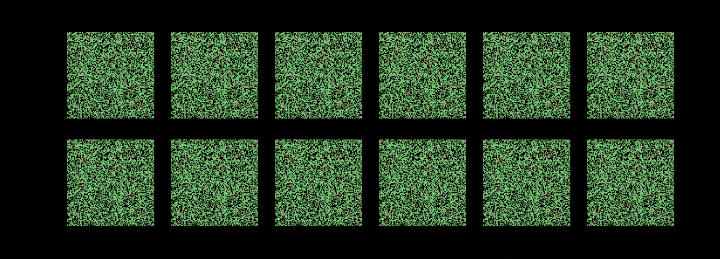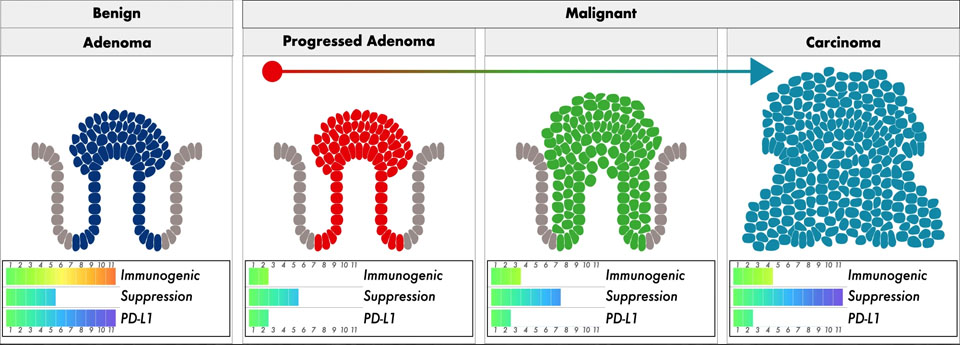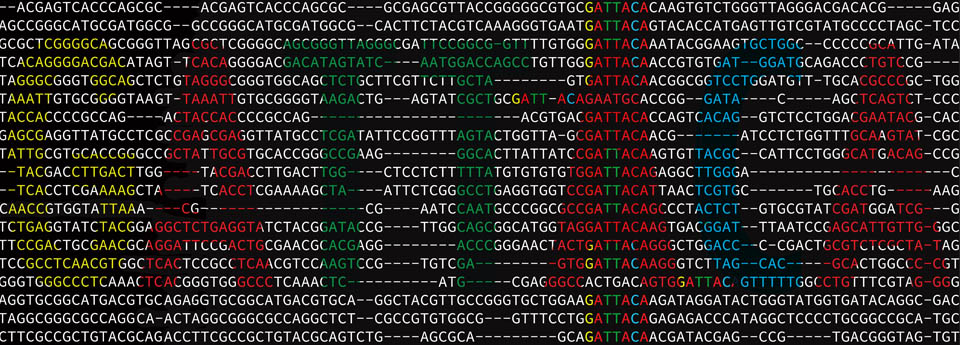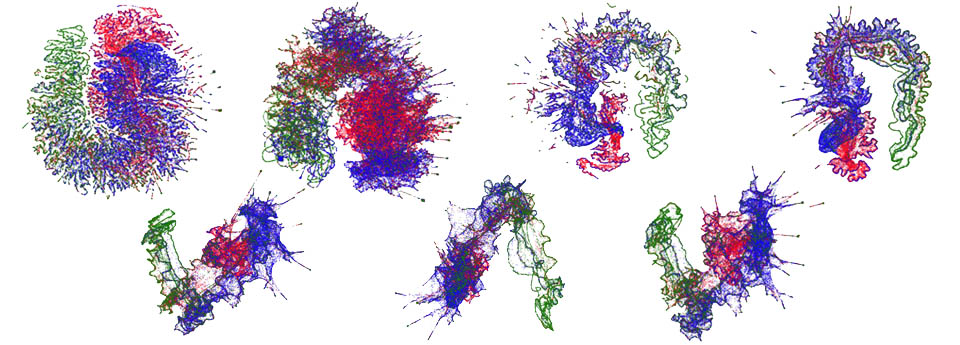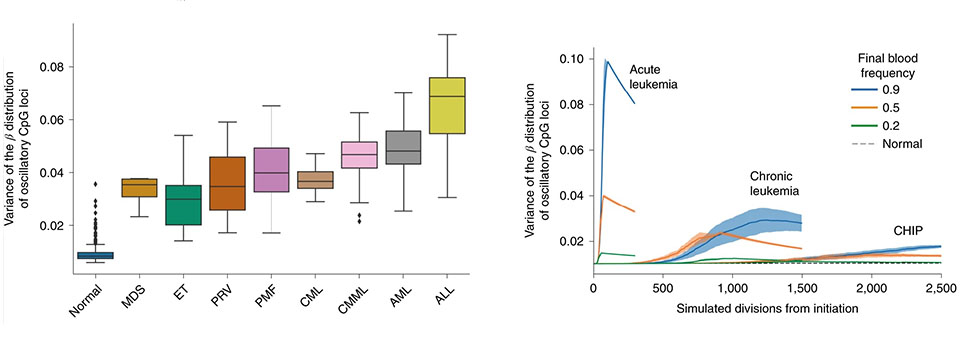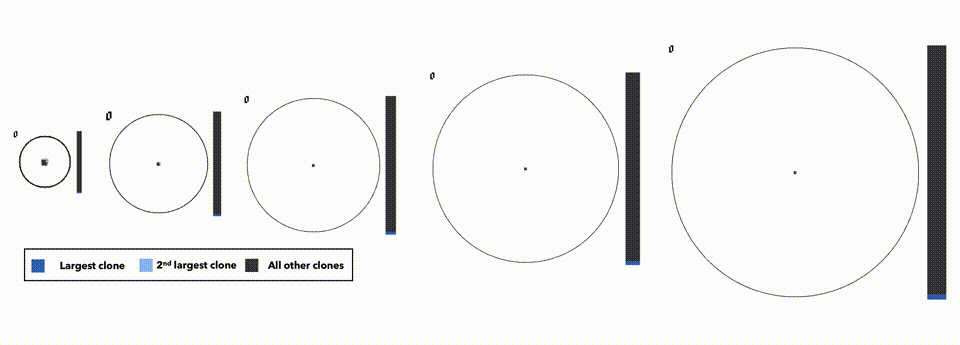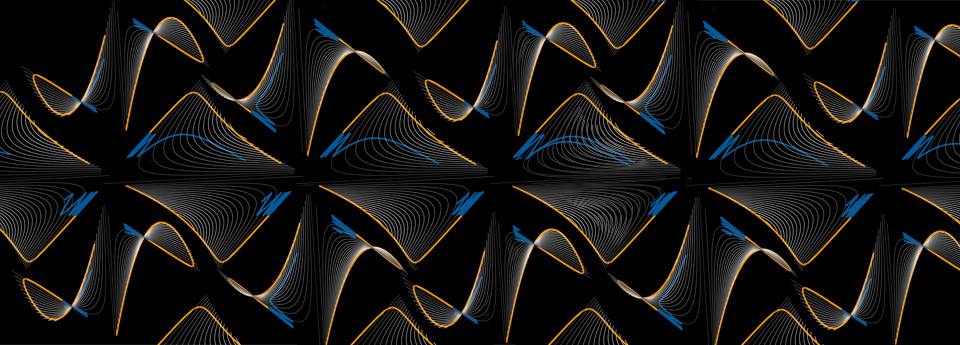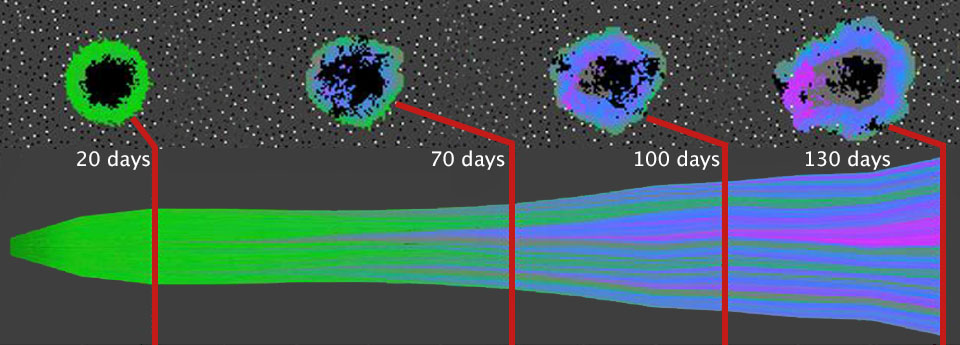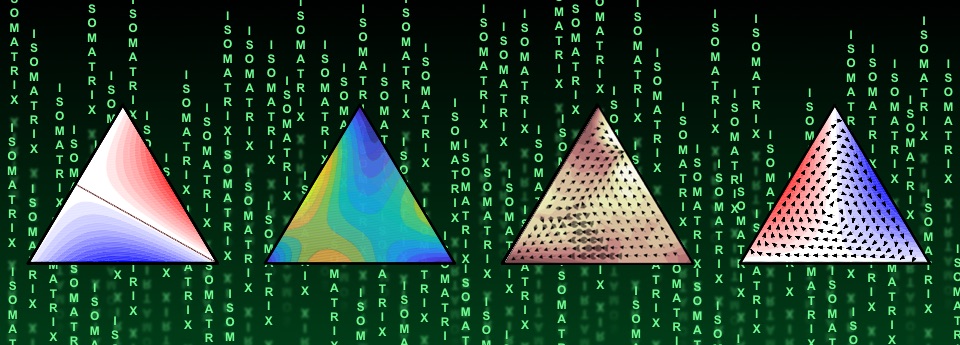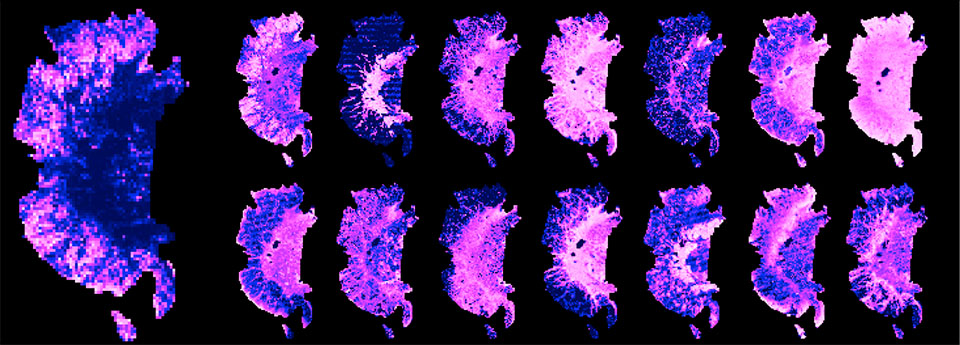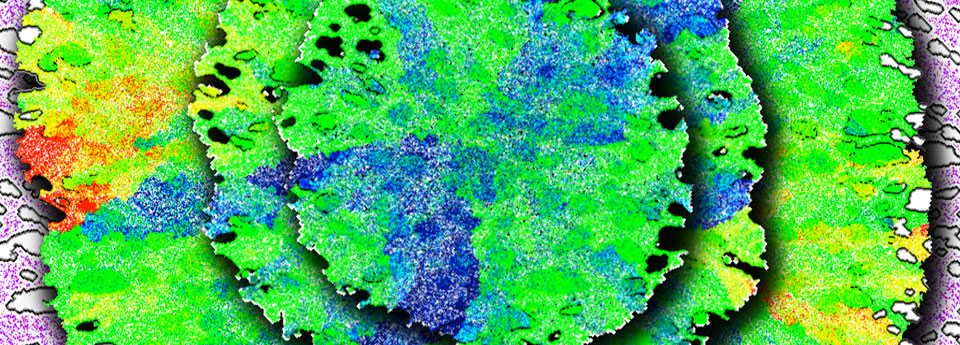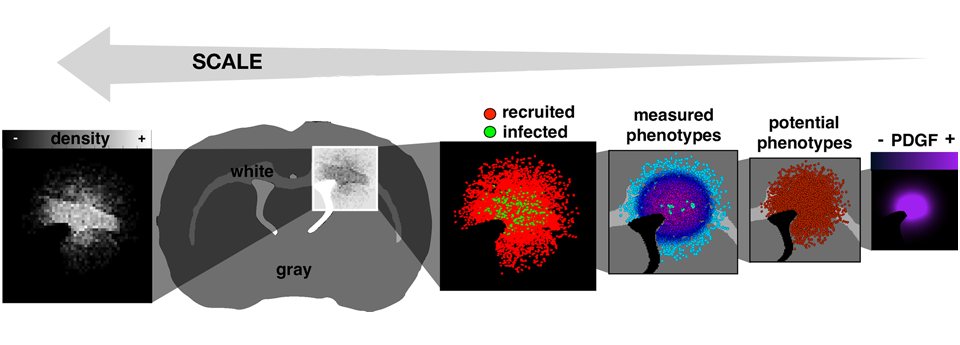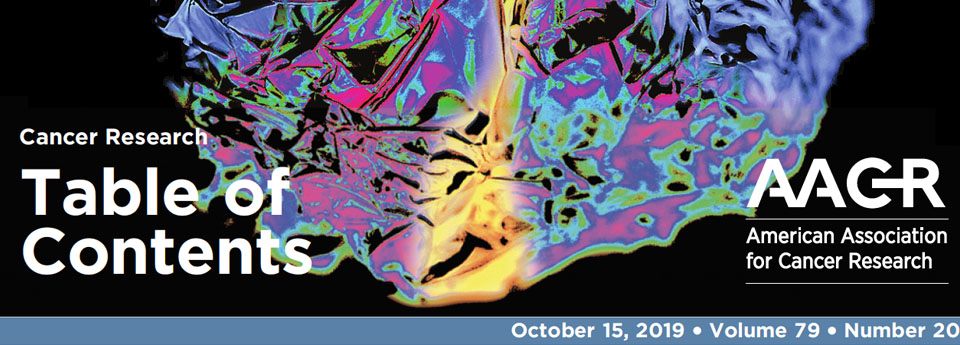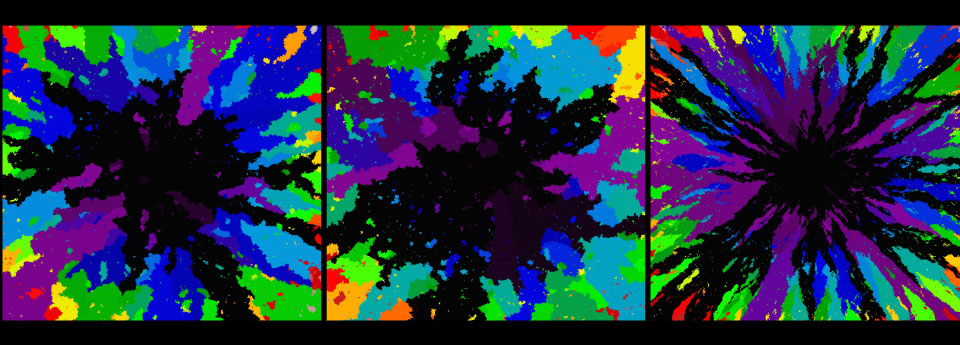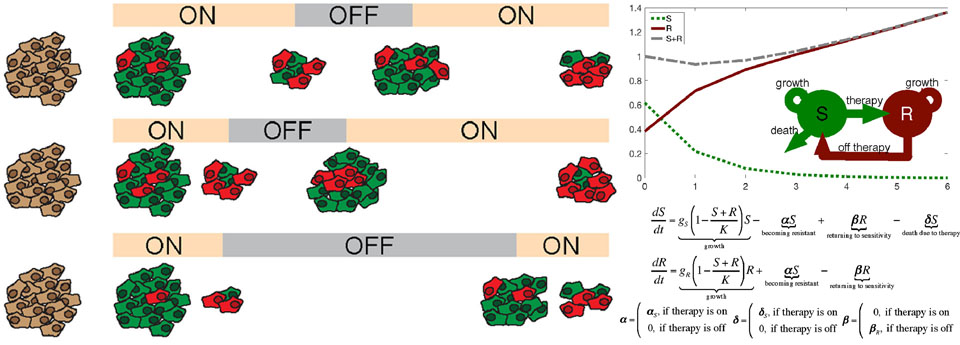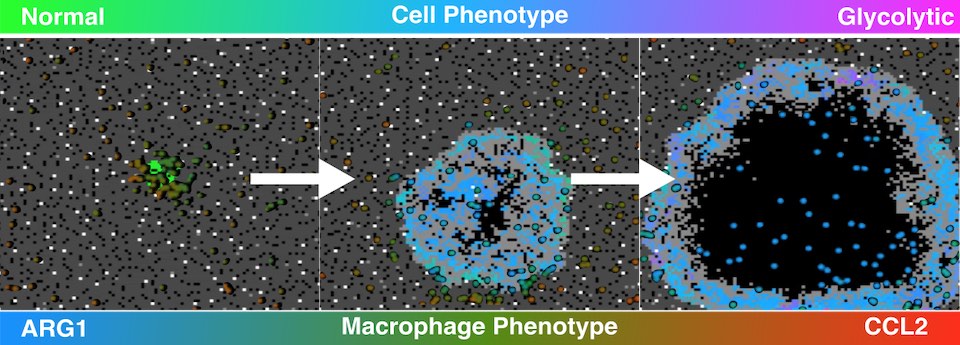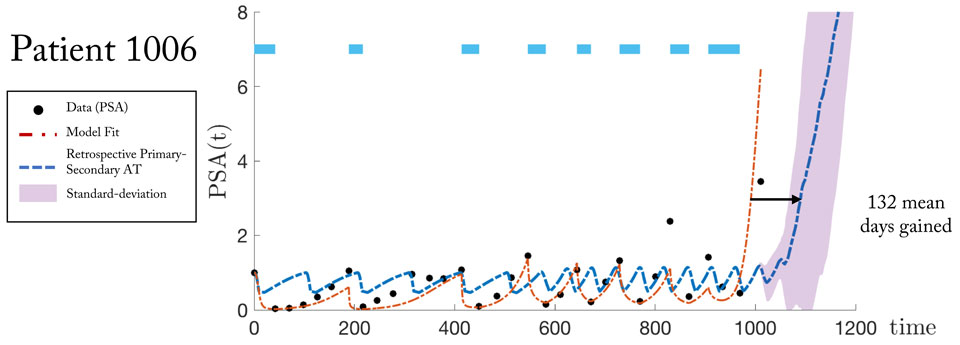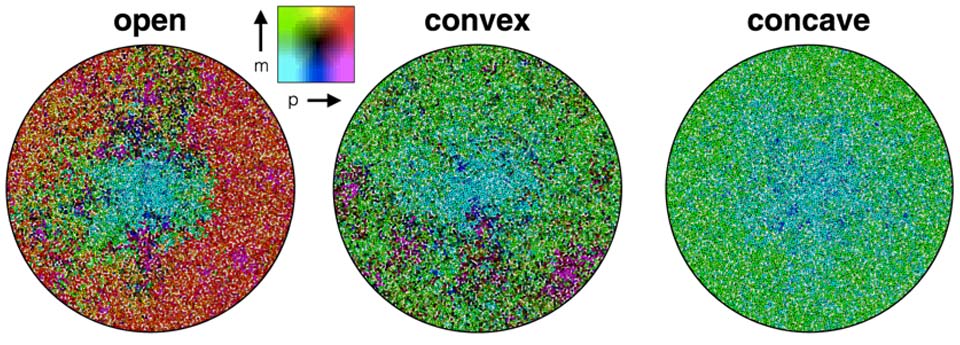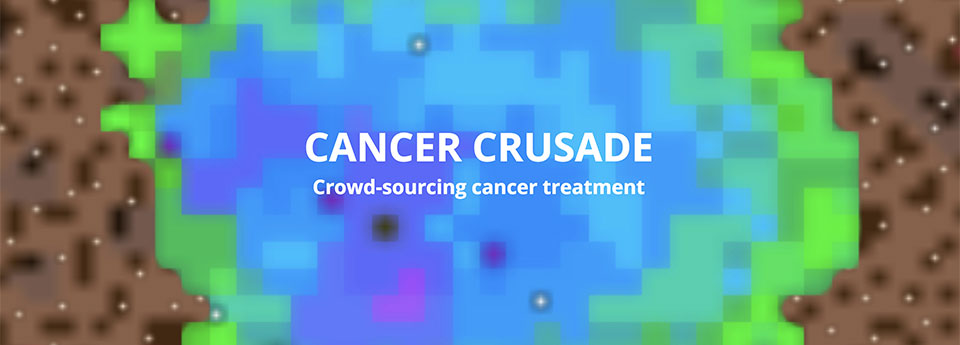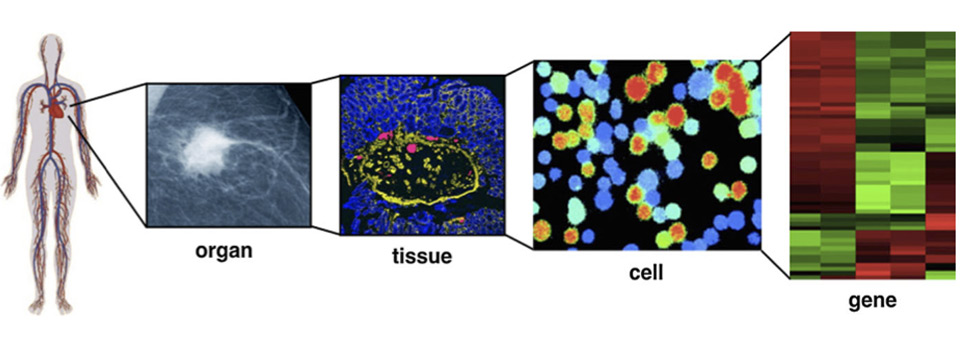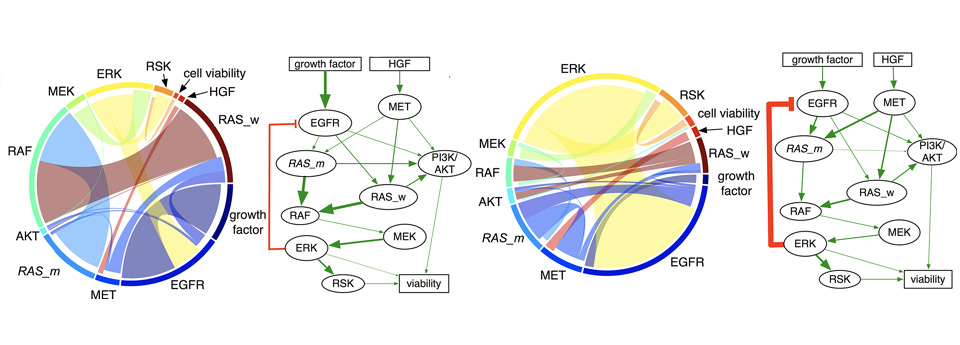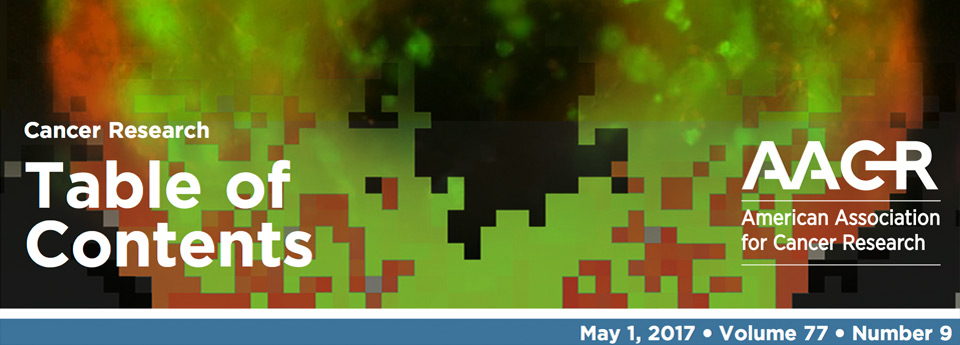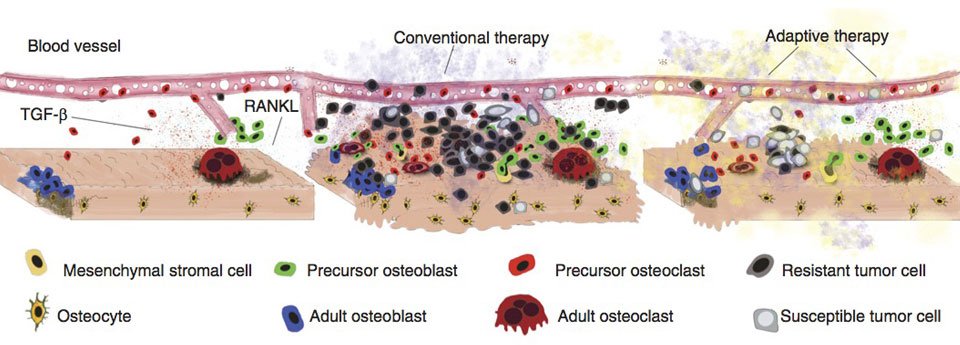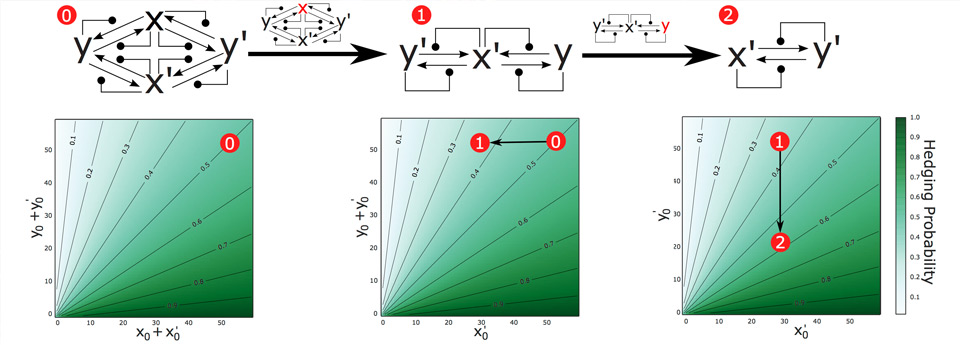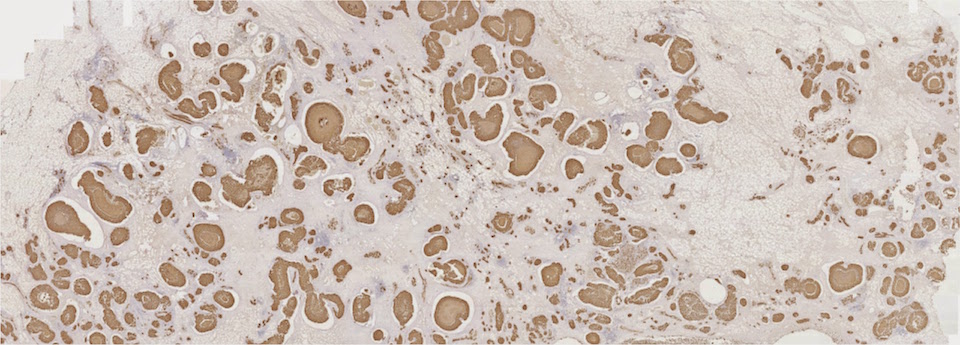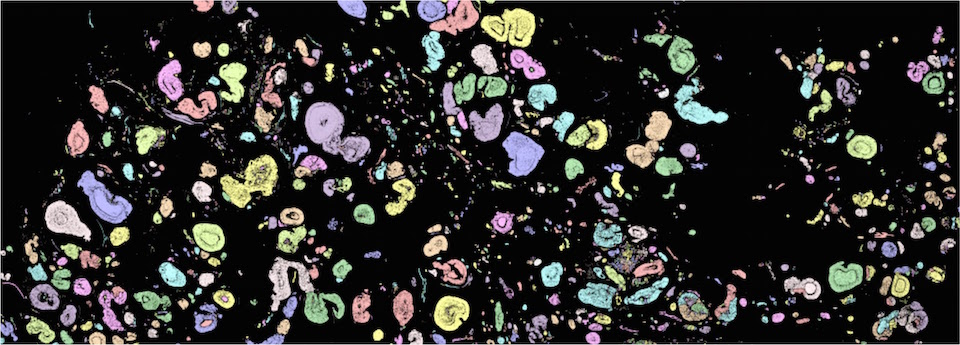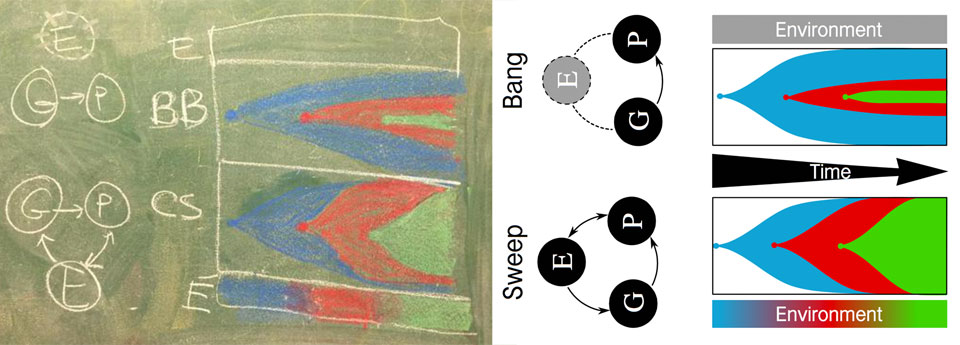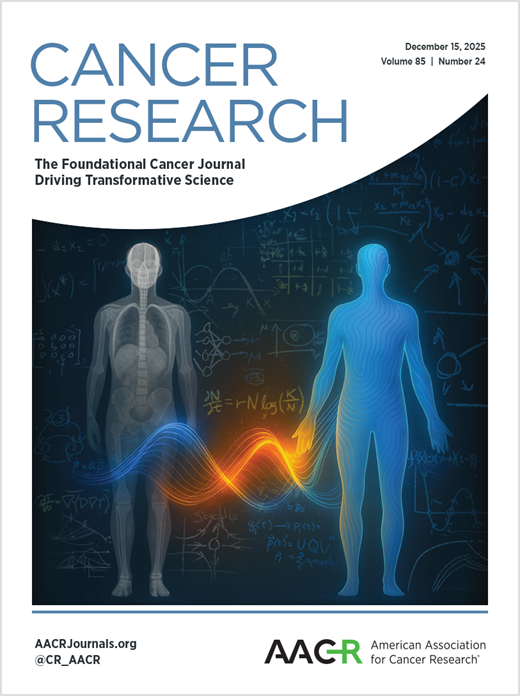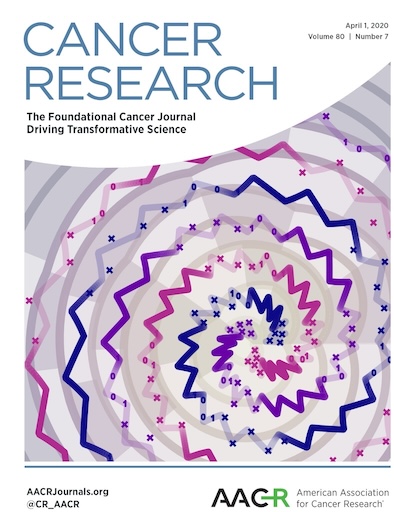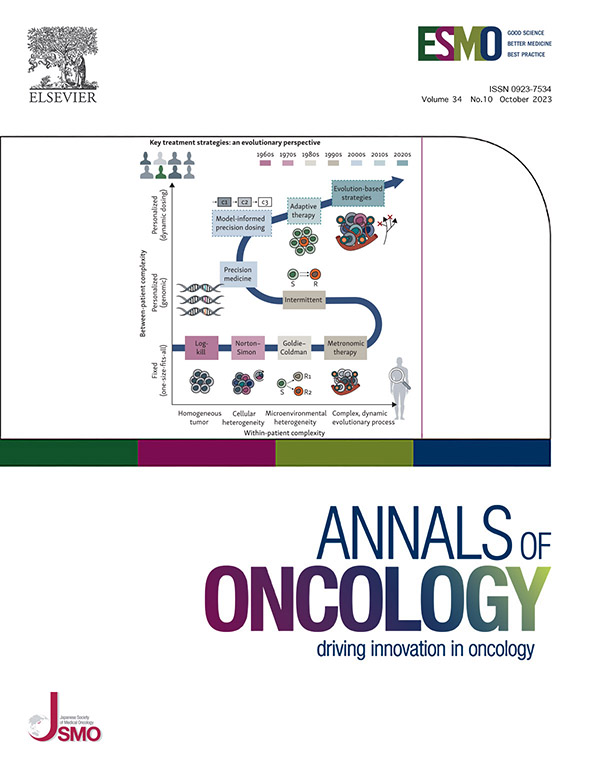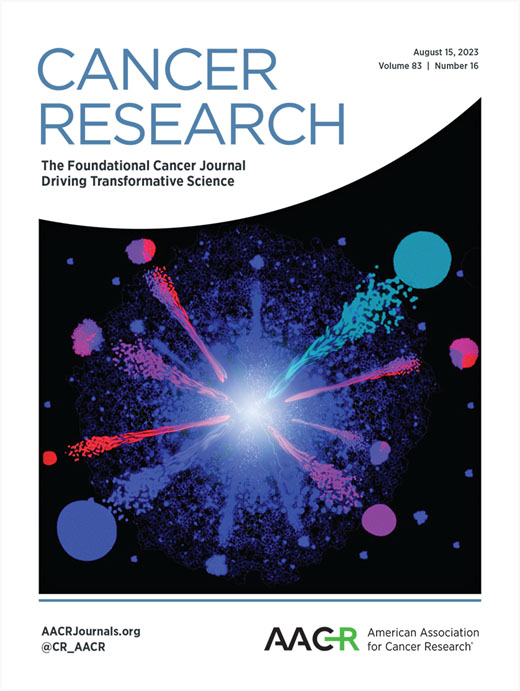Welcome to the Anderson Lab
A place to highlight our research and share what is currently happening in the group
Cancer is a complex, multiscale process, in which genetic mutations occurring at a subcellular level manifest themselves as functional changes at the cellular and tissue scale. We believe that such a complex system can only truly be understood via the integration of theory and experiments. Therefore the Anderson Lab is focused on integrating mathematical and computational modeling approaches with experimental and clinical data to better understand cancer growth and development and translate this understanding into novel therapies.
Current Research
A brief look at some of the work were doing in the group, head over to the research page to have a more detailed read.
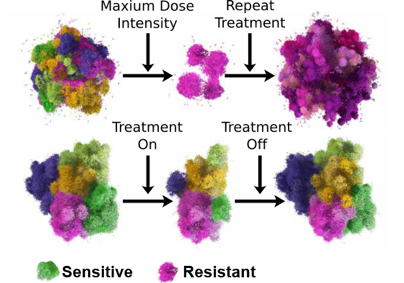
Adaptive Therapy
A common maxim in cancer treatment is to “hit hard and fast”, however, this does not generally work well for most disseminated cancers. It is now clear that cancer cells can be insensitive even to treatments that they have never “seen” before. Our approach instead is to only treat a subset of the tumor ensuring that a drug sensitive population is left behind when treatment stops, allowing it to regrow. The timing of each treatment adapts to each individual patients cancer, specifically how they respond to the initial treatment will dictate when the treatment should stop and when the next round while should begin. Please look here for more information on evolutionary therapy, of which adaptive therapy is a specific example.
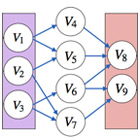
Genotype-Phenotype Map
Evolution selects phenotypes and not genotypes so its hardly surprising that a growing evolving tumor contains massive amounts of molecular heterogeneity but in contrast it only appears to made up of a few convergent phenotypes. The relationship between a cells genotype and its phenotype is still very much a fundamental open biological question. We are developing mathematical models to better understand this relationship and how the mircoenvironment modulates phenotypic diversity.
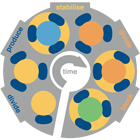
Stromal interactions In Progression
The role of stromal factors and stromal cells in the initiation, regulation and progression of many cancers is becoming an important area of cancer research. Due to the complex nature of these interactions, mathematical and computational models are an ideal tool to elucidate them and make predictions that can drive both experimentation and novel therapeutic approaches. We are currently applying our in silico models to investigate these interactions in melanoma and prostate cancer.
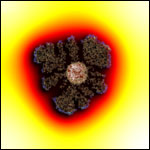
Tumor/Microenvironment interactions
The importance of tumor cell/microenvironment interactions is currently of great interest - both the immediate microenvironment (cell-cell or cell-matrix interactions) and the extended microenvironment (e.g. vascular bed) are thought to play crucial roles in both tumor progression and suppression. Much of our current work on tumor invasion examines the role of the microenvironment in modulating both the morphology and heterogeneity of the invasive tumor phenotype. Intratumor heterogeneity is now well accepted on a genetic scale but how does this heterogeneity manifest itself at the phenotypic scale?

tumor ecology and evolution
The idea of viewing cancer from an ecological perspective has many implications, but fundamentally it means that we cannot just consider cancer as a collection of mutated cells but as part of a complex balance of many interacting cellular and microenvironmental elements.

Boards of Interest
Believe it or not we utilize blackboards a great deal in developing our research - here we will present a selection of these boards and will update whenever we get the chance!

